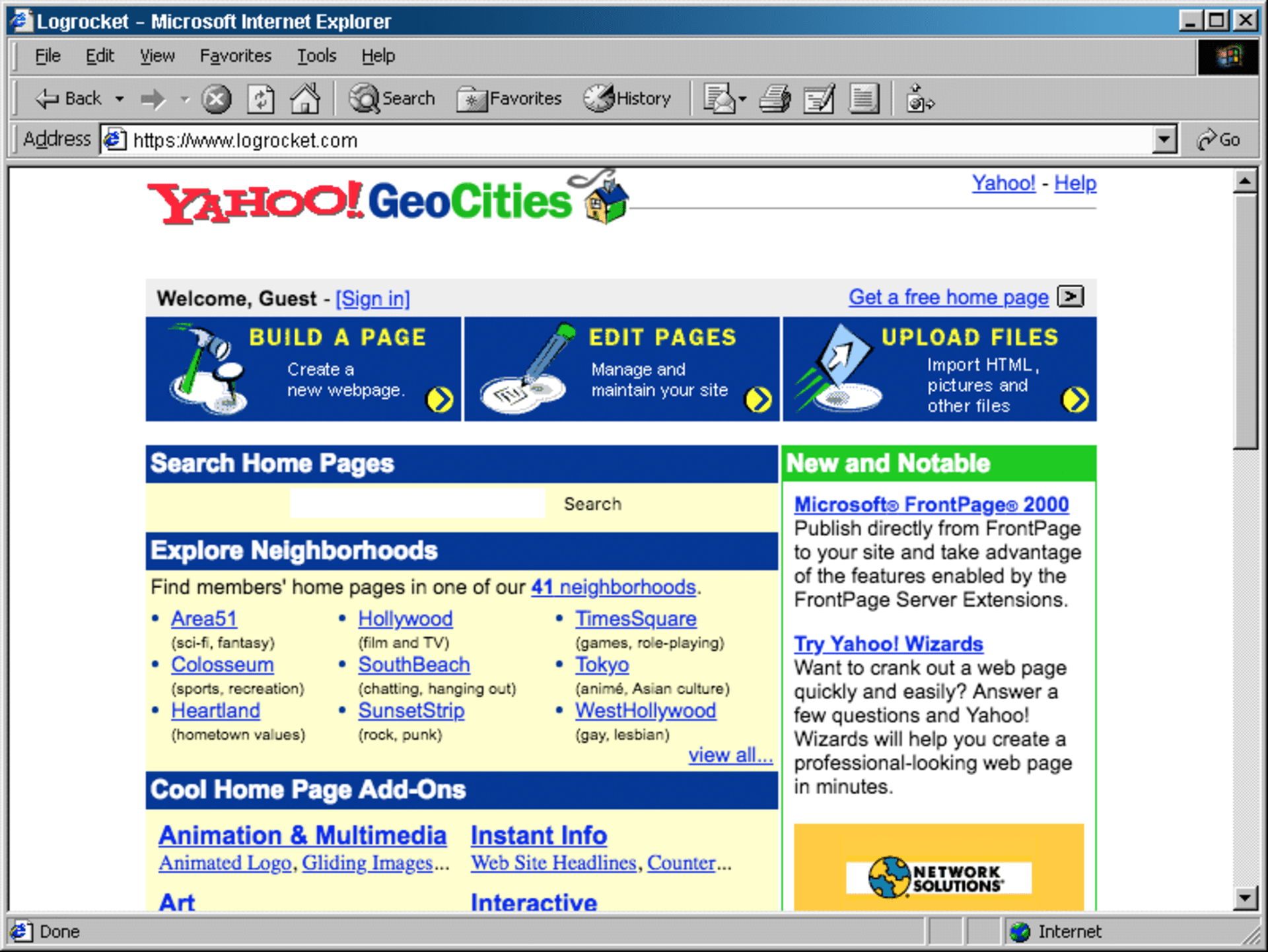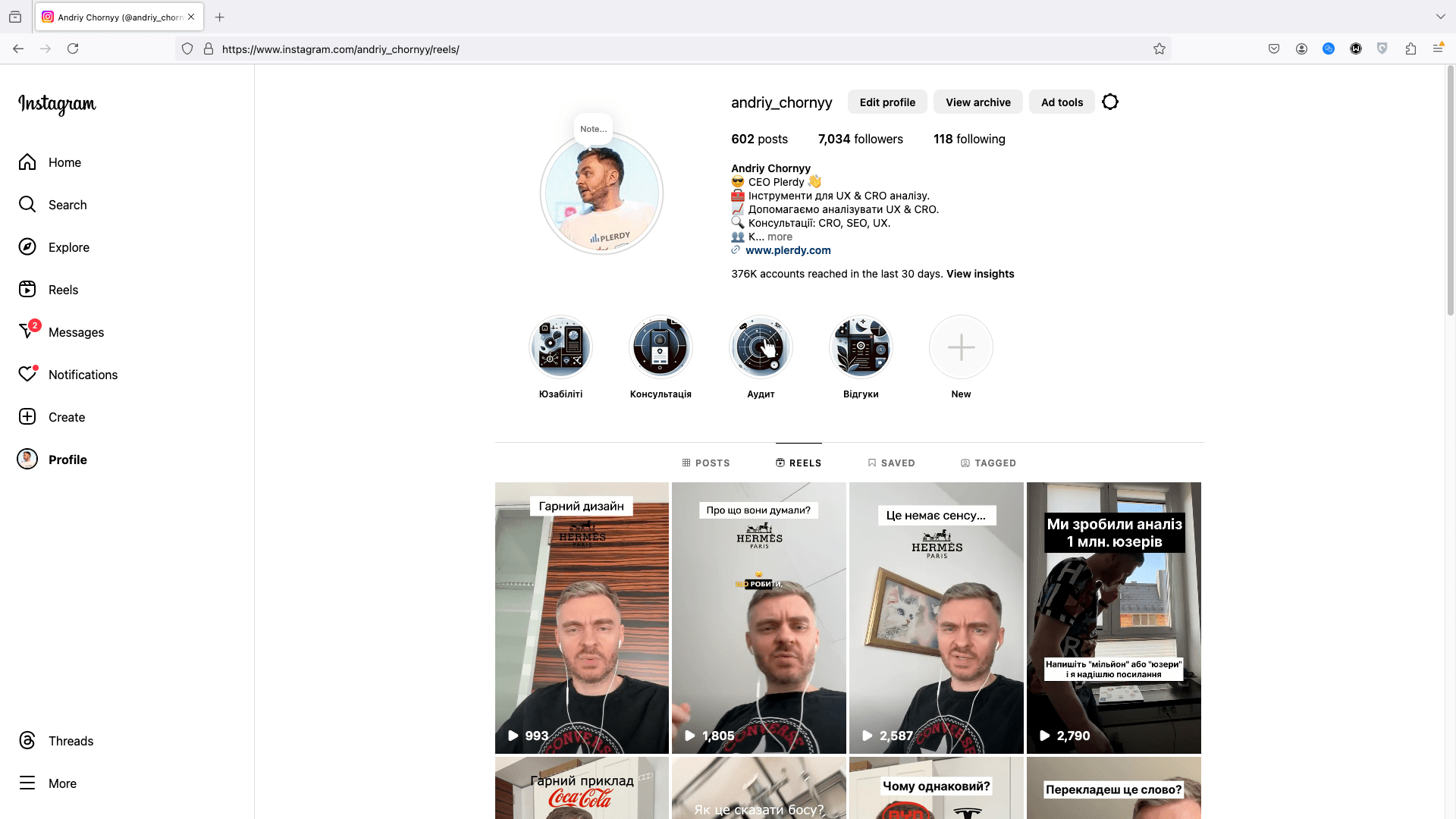One often asked issue in the always changing realm of digital marketing is whether SEO is dead. Some would find it understandable given Google’s fast algorithm updates, growing relevance of user experience, and growing expenses of efficient SEO techniques. Still, SEO remains a dynamic and vital part of every effective online presence; it is not only a throwback. Expert opinions on the present situation of SEO will be discussed in this paper together with questions on whether this important component of search engine marketing still has worth and what the future may provide.
Is SEO Dead?
The quick response is no—SEO is not dead. Still, the scene has changed drastically over the years. The days of a few well-placed keywords and some simple link-building guaranteeing a top place in Google’s search results are long gone. SEO today calls for a far more sophisticated strategy. More sophisticated Google algorithms now center content quality, user intent, and general website usability. Companies in this very competitive market have to give SEO a lot of time and attention. This covers content optimization, mobile-friendliness of websites, and load times improvement. Starting at about $10,000, the expense of good SEO can be high; nevertheless, for those who commit to it, the possible return on investment is still really noteworthy.
Why SEO Isn’t Going to Disappear Any Time Soon
SEO is still pillar of digital marketing despite difficulties. Its longevity can be attributed in part to search engines—especially Google—being still the main means of user discovery of fresh information. SEO will be absolutely important as long as people search engines to get knowledge. Moreover, SEO is about offering a better user experience than only search results. Better content, faster load times, and more simple navigation—all of which help to increase engagement and conversion rates—are traits of websites optimized for SEO. Furthermore, even if sites like Instagram and TikHub provide other means of reaching an audience, their lack of the lasting power of natural search traffic Since well-optimized content can keep driving traffic long after it’s published, SEO presents a more sustainable method. Companies that recognize this will keep making SEO investments, therefore guaranteeing that it will always be a key component of the digital marketing scene.
Is SEO Dead? Expert Insights on the Future of SEO
Vitalik Host: Hey, Andrew! So, today I want to talk about something that a lot of people are saying: SEO is dying. Is that true?
Andriy (CEO Plerdy): Hello. That is a pretty excellent query. You know, things were considerably easier fourteen years ago. Back then, all you needed to score highly in Google search was a few well chosen keywords, some basic material, and a few backlinks. That was all it required to ascend. The complete operation can run between $50 and $100. Now, however? This is a quite different game. SEO today is a major financial outlay. The terrain is far more competitive as Google’s algorithms have developed. These days, success in SEO depends on more than simply keywords; you also need excellent content, a well-optimized website, and a strong plan. This change has made SEO from a straightforward chore a complicated, long-term commitment.

Vitalik: Investments? So, what kind of price are we talking about now?
Andriy: These days, if you want to succeed with SEO, you have to be ready to commit a big financial outlay. Usually, SEO projects start at about $10,000. Today success calls for large budgets and time. There are no assurances even then. Although you could start modest and progressively raise your investment, in a market this competitive that might not be sufficient. If a rival has created 200 excellent backlinks, for instance, copying that may run you about $5,000. Still, SEO goes beyond link creation. First, you have to make your website perfect—find and correct every mistake Google finds objectionable. After that, concentrate on producing top-notch material and ensure your H1 tags, titles, and descriptions are best. Though they all cost money and time, these components are very necessary if you want to show up highly in Google search.

Vitalik: What a competition! How can small businesses survive?
Andriy: Though challenging, small businesses can still survive and even flourish in the SEO scene. The secret is to identify your niche, a little, less competitive portion of the market. Start by concentrating on limited, precise keywords related to your good or service, such “product + brand,” “service + city,” or “product + color.” If you sell coats, for example, focusing on a wide keyword like “buying a jacket” will position you against behemoths like Amazon, eBay, and Walmart. For such general phrases, it is nearly difficult to rank. Rather, concentrate on more particular queries like “buying a red jacket in Chicago.” Reducing your emphasis increases your likelihood of ranking higher in Google search, which is vital for small businesses trying to maximize the efficacy of their material and SEO plan.

Vitalik: So, are all niches already taken?
Andriy: And Although not all niches are taken, some sectors, like computer technology, are fiercely competitive. Still, there are many of possibilities if you can identify a niche where the rivalry is less intense. Consider Balsam Hill, for example. They first concentrated just on premium synthetic Christmas trees and decorations. Concentrating on this niche, they developed and finally spread into other seasonal décor sectors. Start small, concentrate on a specialty, then grow after you have a strong presence—that is the correct approach. Recall too that usability is just as important for SEO as keywords, links, and content. Your website must be understandable. Here at Plerdy, we examine user behavior using heatmaps and session records. Knowing how users interact with your site enables you to create enhancements that keep them interested longer. Your SEO will improve the more users remain on your website. Developing a strong brand is also vital; when customers start typing your brand name straight into Google, your search results will improve significantly.


Vitalik: So, are there chances?
Andriy: Also Of course, there are always possibilities; but, you have to go beyond only SEO. Although SEO is absolutely important for digital marketing, you shouldn’t rely just on it. Though they usually only deliver transient increases in traffic, platforms like TikHub, Instagram, and Google AdWords provide fast means of drawing an audience. A viral TikHub video might, for example, generate a lot of traffic to your website today, but that traffic might vanish just as rapidly once the movie is off public view. Google Ads can also generate instant traffic, however after your budget runs out the traffic also declines. Conversely, SEO is more about long-term expansion. You pay for excellent material and website optimization, and over time that material keeps drawing traffic. SEO is thus not dead even if it is evolving. The secret is to be flexible, use several methods to generate traffic, and make investments in a plan guaranteed to be successful over long run. Companies like Amazon developed their success on a solid basis of SEO, hence every company should keep in mind that they did not become what they are now overnight.

Vitalik: So, SEO is changing, but it’s not dying. We need to adapt and invest. Right?
Andriy: Certainly! While SEO is changing, any effective digital marketing plan still depends critically on SEO. Although the methods used 14 years ago are inadequate now, people who fit the new terrain can nevertheless produce outstanding outcomes. You should vary your traffic sources; this will greatly improve your general search engine optimization. Consider SEO as only one component of a larger strategy including social media, sponsored advertising, and creation of excellent material. Furthermore keep in mind that improving SEO takes constant work, patience, and a readiness to keep current with the newest trends; it does not happen over night. For those who are ready to work, though, the benefits can be really great. Look at businesses like Amazon; without a robust, long-term SEO plan, they wouldn’t be where they are now.

In summary
SEO is not dead; it is developing rather. In the competitive market of today, the tactics formerly assured success are insufficient. Those who are ready to change and make investments in contemporary SEO techniques, however, will discover that it still is a great instrument for increasing traffic and improving their online profile. SEO will change but it will not vanish as search engines keep perfecting their algorithms. Rather, it will stay a necessary part of a thorough digital marketing plan. Businesses can keep ahead in the search game and keep flourishing in the digital era by concentrating on premium content, user experience, and ongoing optimization.
